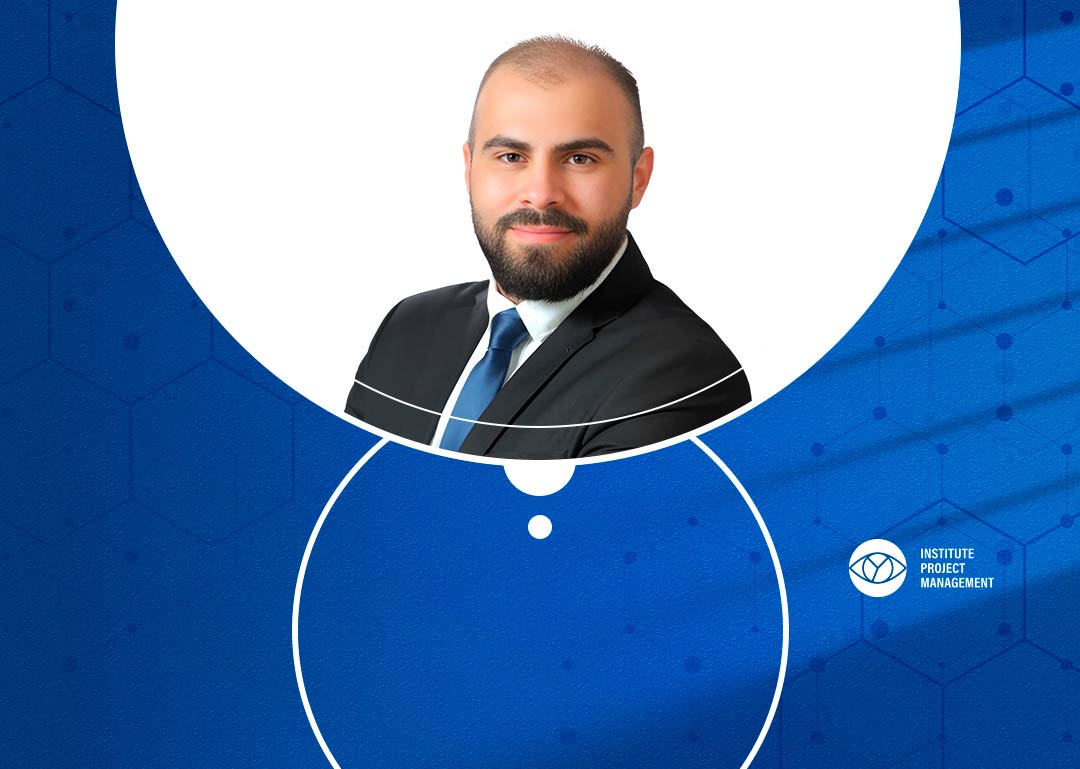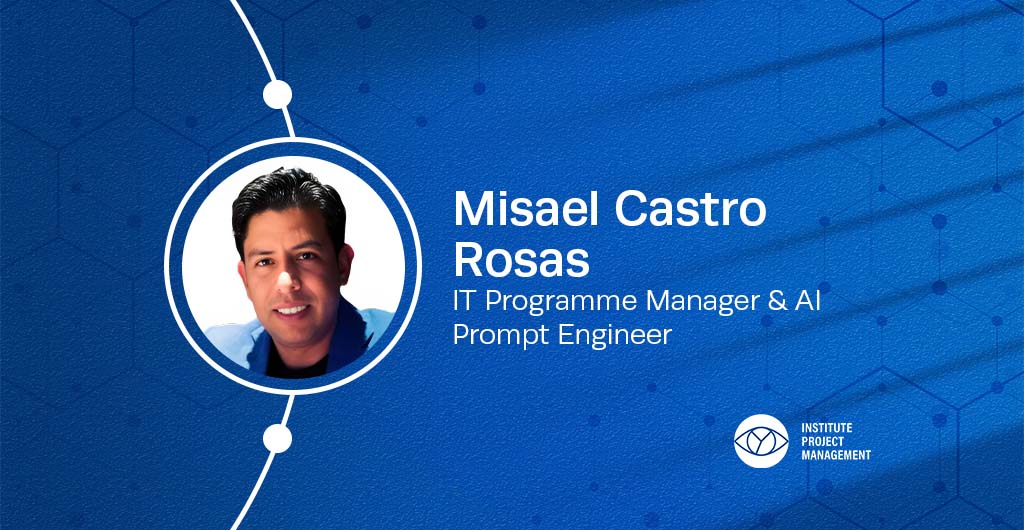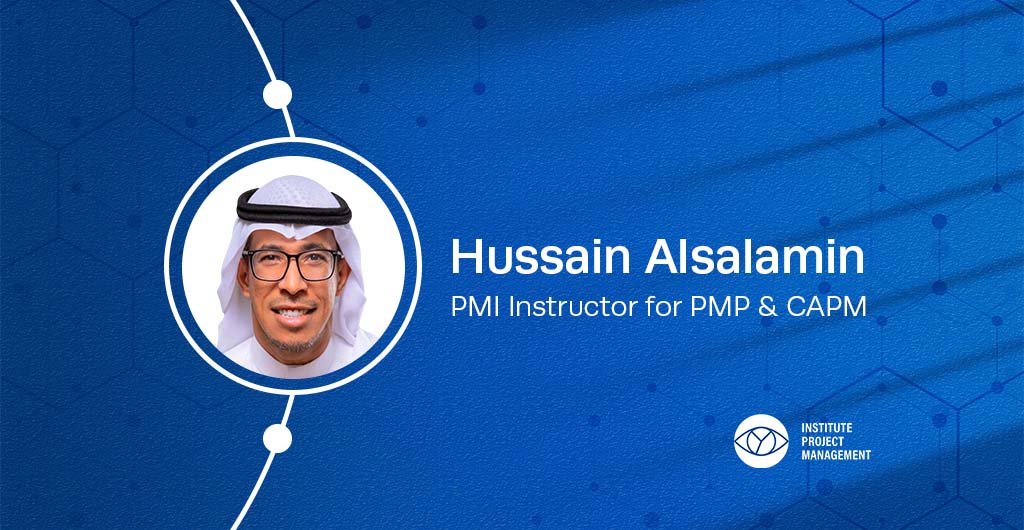Need advice? Call Now, Schedule a Meeting or Contact Us


Speak to an advisor
Basil AlMashharawi highlights the crucial role a CoE plays in enhancing the effectiveness of project management offices (PMOs).

The Center of Excellence (CoE) plays a pivotal role in project management offices (PMOs) and programme and portfolio management offices by unifying efforts, standardising methodologies, and driving organisational excellence. Expert teams, both operational and executive, often exist within organisations, but their efforts may remain fragmented and ineffective for broader development unless they are brought together under a single CoE. This centralisation ensures that their expertise is leveraged cohesively to contribute to organisational growth, innovation, and efficiency.
If we do not consider the CoE a primary component of the PMO, we need to rethink its role. The CoE goes beyond the routine responsibilities of a PMO and focuses on fostering innovation, exploring the overall PMO, providing strategic recommendations, and aligning project execution with organisational goals.

What makes the CoE indispensable is its ability to drive initiatives across various departments. It ensures that improvements are not limited to isolated teams but are spread comprehensively throughout the organisation, leading to holistic enhancements and sustainable success.
For instance, if an initiative comes from the operations department to improve specific processes, the results will be limited if other departments are not involved. However, when the CoE oversees these initiatives, it guarantees that improvements are shared across the organisation, ensuring comprehensive success.
One of the most significant benefits of a CoE is its role as a strategic oversight body. This body can monitor both internal and external operations, identify strengths and weaknesses, and ensure that organisational goals are met. For the CoE to be effective, it must report directly to senior management to secure the authority, visibility, and resources required to implement changes and drive innovation. High-level executive support is essential for securing resources and ensuring that the CoE has the influence needed to unify the efforts of diverse teams and departments.
The CoE is essential for developing and implementing standardised project management methodologies. These frameworks provide the flexibility to adapt across different teams while ensuring consistency in processes throughout the organisation. By establishing a common set of practices and procedures, the CoE enhances decision-making, improves time and cost estimates, and ensures that projects are executed with the same high standards.
A key role of the CoE is to provide comprehensive training programmes for project managers and PMO staff. By centralising training efforts, the CoE ensures that project execution remains consistent across the organisation. These standardised training programmes equip staff at all levels with the necessary knowledge and tools to manage projects effectively. This approach fosters professional growth, improves the quality of project delivery, and ensures that best practices are consistently applied throughout the organisation.
One of the CoE's most valuable functions is capturing and disseminating lessons learned and best practices across the organisation. By analysing past project successes and challenges, the CoE ensures that teams can avoid repeating mistakes and can continuously refine their processes. This repository of knowledge serves as a living resource, guiding future projects with insights from previous experiences.
These practices are shared across departments to ensure consistency and efficiency. By embedding these lessons and best practices into the project lifecycle, the CoE helps teams improve their approach, leading to smoother execution, enhanced quality, and optimised outcomes on future projects.
During crises or when an organisation faces significant challenges, the CoE provides crucial consulting and support. By drawing on the expertise of its network, the CoE can offer comprehensive solutions that address both immediate operational concerns and long-term strategic goals. For example, many organisations turned to their CoEs during the COVID-19 pandemic to manage supply chain disruptions, implementing more agile approaches to project management.
The CoE plays a critical role in fostering innovation by introducing new technologies that streamline processes and improve efficiency. The adoption of digital project management tools, for example, can help reduce waste, increase productivity, and enhance accuracy. By implementing digital platforms and tools, the CoE supports the deployment of innovative solutions across projects, enabling faster delivery and better alignment with organisational goals and stakeholder needs.

A well-structured CoE is not just an optional component of an organisation; it is a strategic necessity. By providing the expertise, tools, and methodologies needed to align project outcomes with broader business goals, the CoE ensures that projects are completed successfully and efficiently.
Organisations that embrace CoEs see significant improvements in their project management practices, fostering innovation, improving data-driven decision-making, and driving organisational success. Backed by senior leadership, the CoE can accelerate progress toward strategic objectives, ensuring that excellence becomes the standard across all operations.














